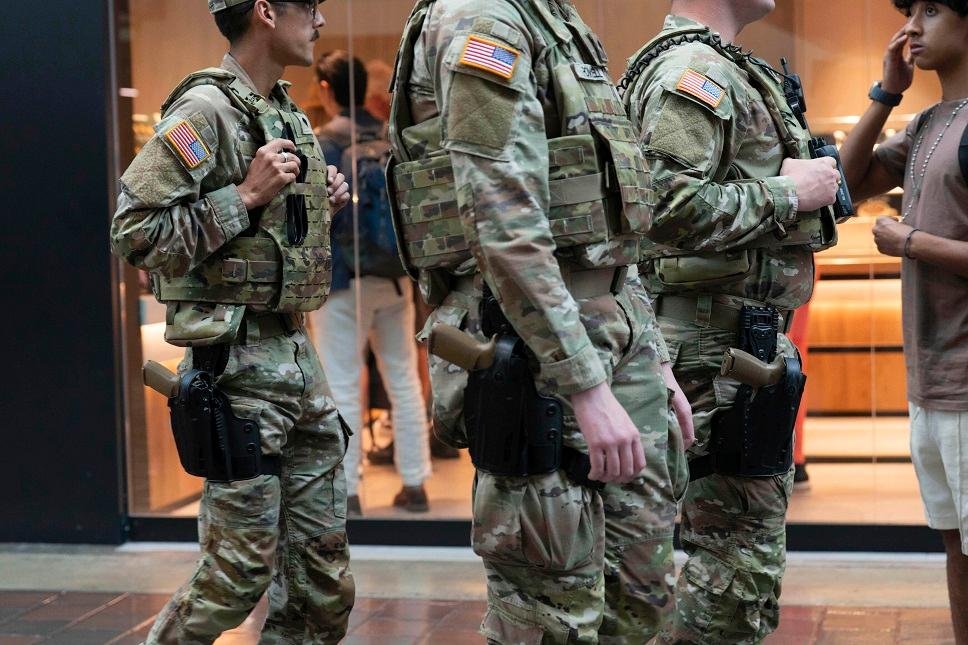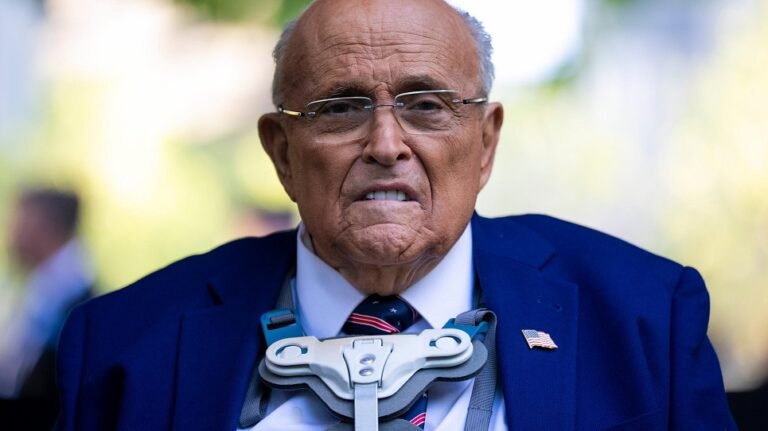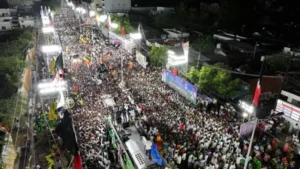PORTLAND, Ore. — On Saturday, President Donald Trump announced that he’s ordering troops into Portland, Oregon, to shield U.S. Immigration and Customs Enforcement (ICE) facilities from what he calls attacks by “domestic terrorists,” including those tied to Antifa. He declared he was authorizing the use of “full force, if necessary.”
The move marks yet another flashpoint in Trump’s expanding use of military and federal force in American cities — a strategy already deployed in Los Angeles, Washington, D.C., and now potentially headed toward Memphis and Chicago.
What the President Ordered
In a post on Truth Social, Trump said he was directing Defense Secretary Pete Hegseth to provide “all necessary troops to protect war-ravaged Portland” and any ICE facility “under siege” by protesters and domestic terrorists.
It remains unclear whether the troops will be active-duty soldiers or National Guard units, or how many will be sent. Trump’s “full force” authorization raises questions about whether lethal force is now on the table — a serious escalation with constitutional and legal implications.
Pentagon officials have remained tight-lipped so far, saying they will provide updates as they become available.
Local Resistance and Legal Pushback
Mayor Keith Wilson of Portland wasted no time rejecting the premise of the deployment: “The number of necessary troops is zero,” he said. “The president will not find lawlessness or violence here unless he plans to perpetrate it.”
Washington Senators and state leaders have also pushed back. Oregon Sen. Ron Wyden warned that this could be a reprise of the 2020 model, where federal force was deployed to liberal cities with the effect (critics say) of escalating conflict rather than calming it.
This deployment comes on the heels of a court ruling in California, where a judge found that Trump’s earlier use of National Guard troops in Los Angeles violated the Posse Comitatus Act — the long-standing law that limits the military from participating directly in civilian law enforcement.
Legal experts argue the president may invoke the Insurrection Act or other emergency powers to justify sending active-duty troops, but that would provoke serious constitutional challenges.
The Bigger Picture: Militarizing American Cities
This is not an isolated incident. Since mid-2025, the White House has sent federal forces into Los Angeles during immigration protests and taken control of law enforcement in Washington, D.C., citing a “crime emergency.”
Now, Portland may become the next proving ground. Some cities already see this as a test: will Trump attempt to federalize law enforcement, override state leadership, or posture militarily in opposition to cities?
Critics warn of erosion of civil liberties, polarization, and chaos. Supporters claim it’s tough leadership in the face of rising targeted assaults on federal agents and buildings.
A Local Lens: How U.S. Cities May Respond
From the viewpoint of city leaders in Portland, Seattle, New York, or Chicago, this kind of federal military posture is deeply alarming. Governors typically control the National Guard; bypassing them undermines state sovereignty and threatens the balance between state and federal power.
Moreover, Portland is no stranger to protest. The city was at the center of years of racial justice and anti-fascist demonstrations starting in 2020. That history gives local officials and activists both the experience and the wariness to view a military deployment not as protection, but as a trigger for escalation.
For Americans in other urban centers—especially those governed by political opposition—this signals a shift: federal force might now become a tool to enforce immigration policy, crack down on dissent, or override local governance. That raises questions about proportionality, oversight, and accountability.
In Summary:
President Trump’s order to send troops to Portland to defend ICE facilities marks a bold escalation of federal power inside U.S. cities. The legal and political consequences are likely to be dramatic. Whether this will restore order or inflame tensions depends largely on how the local government, courts, and public respond.














